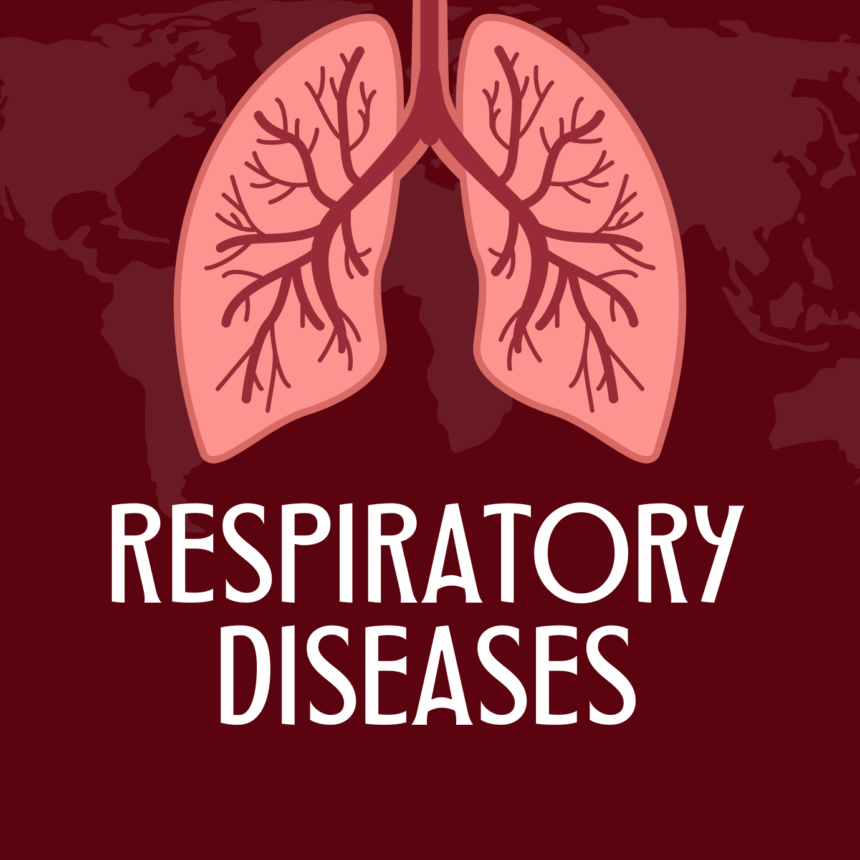Allergies and hay fever, medically known as allergic rhinitis, affect millions of people worldwide. These conditions can turn beautiful seasons into miserable experiences. Understanding the causes, symptoms, and relief strategies can help you manage these allergies effectively.
Causes:
Allergies occur when the immune system overreacts to substances that are usually harmless. Common triggers include:
- Pollen: Trees, grasses, and weeds release pollen, leading to seasonal allergies.
- Dust Mites: Microscopic bugs that live in dust and thrive in bedding and upholstery.
- Pet Dander: Tiny, airborne particles of skin and hair shed by cats, dogs, and other animals.
- Mold: Mold spores can be found both indoors and outdoors, and they can trigger allergies.
- Insect Stings: Stings from bees, wasps, hornets, and fire ants can cause allergic reactions.
- Foods: Allergic reactions to certain foods like peanuts, tree nuts, shellfish, and dairy can be severe.
Common Symptoms:
Symptoms of allergies can range from mild to severe and may include:
- Sneezing: Repeated sneezing fits are common.
- Runny or Stuffy Nose: Nasal congestion can be bothersome.
- Itchy or Watery Eyes: Persistent itching or redness is a hallmark.
- Coughing: A persistent dry cough can develop.
- Skin Reactions: Itchy skin, hives, or eczema may occur.
- Fatigue: Allergies can lead to tiredness due to poor sleep quality.
- Headache: Sinus pressure can cause headaches.
- Loss of Smell and Taste: Severe allergies can temporarily impair these senses.
Relief Strategies:
- Allergen Avoidance: Identify and minimize exposure to allergens. Keep windows closed during high pollen seasons, use air purifiers, and wash bedding regularly.
- Over-the-Counter Medications: Antihistamines, decongestants, and nasal corticosteroids can help relieve symptoms.
- Prescription Medications: In severe cases, prescription antihistamines or immunotherapy may be necessary.
- Allergy Shots: Immunotherapy involves regular injections of small amounts of allergens to reduce sensitivity.
- Nasal Irrigation: Using a saline nasal rinse can help clear irritants from nasal passages.
- Eye Drops: Antihistamine eye drops can relieve itchy, watery eyes.
- Avoid Triggers: Limit contact with allergens. Stay indoors on high pollen days, and use air filters.
- Stay Hydrated: Drinking water can help thin mucus secretions.
- Rest: Ensure you get enough sleep to support your immune system.
- Consult an Allergist: If symptoms persist or worsen, consult an allergist for comprehensive evaluation and management.
Allergies and hay fever can significantly impact your quality of life, but with proper management and allergist guidance, you can find relief. Understanding your specific triggers and following a personalized treatment plan are essential steps toward enjoying a symptom-free life, even during allergy seasons.








